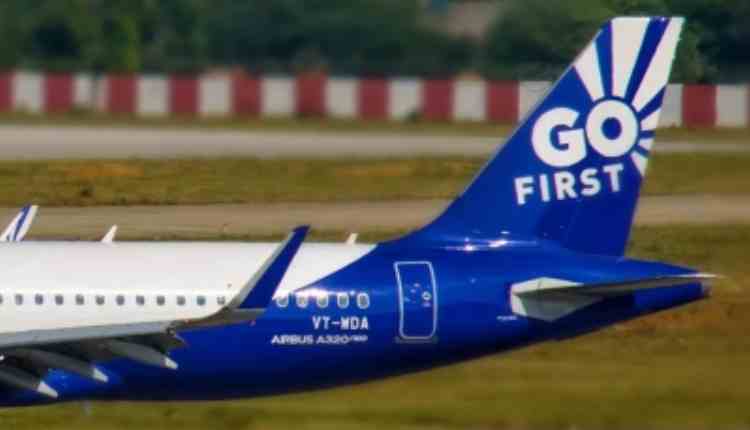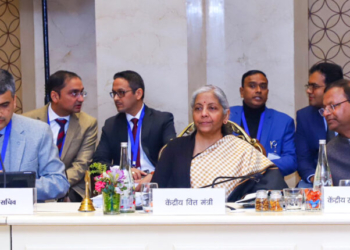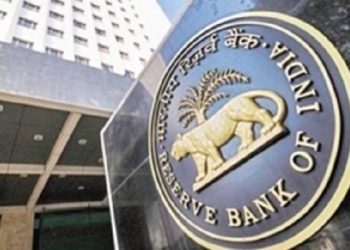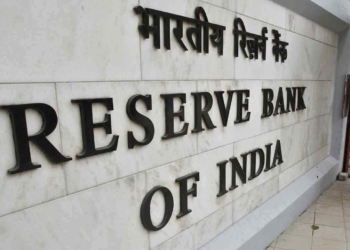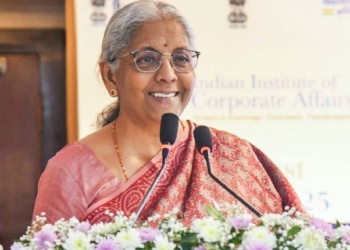New Delhi: The Directorate General of Civil Aviation (DGCA) has told the Delhi High Court that it was due to a technical glitch on its portal that the applications of several aircraft lessors of cash-strapped Go First airline for de-registration of their aircraft were shown as “rejected”.
On May 26, aircraft lessors – Pembroke Aircraft Leasing 11 Ltd, SMBC Aviation Capital Ltd, Accipiter Investments Aircraft 2 Ltd and EOS Aviation 12 (Ireland) Ltd – had moved the high court seeking to de-register their aircraft currently on lease with Go First.
In a major blow to its passengers, the low-cost airline stopped flying on May 3 and is undergoing voluntary insolvency resolution proceedings before the National Company Law Tribunal (NCLT).
The DGCA said it was not processing such requests after a moratorium on financial obligations and transfer of assets of the crisis-hit airline post insolvency resolution proceedings.
“Why is there a distinction? There are 7-8 petitions and each one of them has a different response. Why so?” Justice Tara Vitasta Ganju asked the aviation regulator’s counsel Anjana Gosain as to why different responses were sent to different lessors on repossession requests.
The court further asked the counsel to produce the documents in relation to each petitioner lessor when it will next consider the case on June 1.
Gosain apprised the court that when lessors send deregistration requests to the regulator, it is done in five working days and that in this case, no application has been rejected.
“There was a glitch in the portal due to which it showed that the applications have been rejected,” she said.
“They have made the applications on the portal on May 4. Unfortunately, a glitch came. When they opened on May 12, it showed them to be rejected,” she submitted.
“Will produce the entire list of 54 applications including those of the petitioners and others,” Gosain told the court.
During the previous hearing, the lessors had said it is “illegitimate” of the DGCA to deny deregistration.
The lessors’ contention is that Go First has no right to use their aircraft as the leases concerning them have been terminated.
The National Company Law Appellate Tribunal on May 22 upheld the insolvency proceedings against Go First in a setback to efforts of its lessors to repossess their aircraft.
Upholding the NCLT’s May 10 order, the appeals tribunal disposed of the lessors’ petition and asked them to file an appeal before the NCLT. The airline had approached the NCLT “due to the ever-increasing number of failing engines supplied by Pratt & Whitney’s International Aero Engines, which has resulted in Go First (airline brand) having to ground 25 aircraft (equivalent to approximately 50 per cent of its Airbus A320neo aircraft fleet) as of May 1, 2023”.
According to the lessors’ counsel, they had approached the civil aviation authorities to deregister their aircraft, but the request was denied.
They said the DGCA had not contacted them, but after checking the status of their applications on the regulator’s website, they discovered their petitions had been turned down.
Senior advocate Mukul Rohatgi, appearing for one of the lessors, had said the aircraft was its property and an interim resolution professional (IRP) has no power to take over assets of a third party.
Senior advocate Dayan Krishnan, representing EOS Aviation 12 (Ireland) Ltd, had said the NCLAT cannot deal with the issue of deregistration of aircraft and the remedy lies under Article 226 of the Constitution as the issue is between the lessor and the DGCA.
“The percentage of grounded aircraft due to Pratt & Whitney’s faulty engines has grown from 7 per cent in December 2019 to 31 per cent in December 2020 to 50 per cent in December 2022. This is despite Pratt & Whitney making several ongoing assurances over the years, which it has repeatedly failed to meet,” Go Airlines had said.
According to Go Airlines, it had been forced to apply to the NCLT after Pratt & Whitney, the exclusive engine supplier for its Airbus A320neo aircraft fleet, refused to comply with an award issued by an emergency arbitrator appointed in accordance with the 2016 Arbitration Rules of the Singapore International Arbitration Centre (SIAC).
The respondents in the instant case include Union of India and the DGCA.
(IANS)




